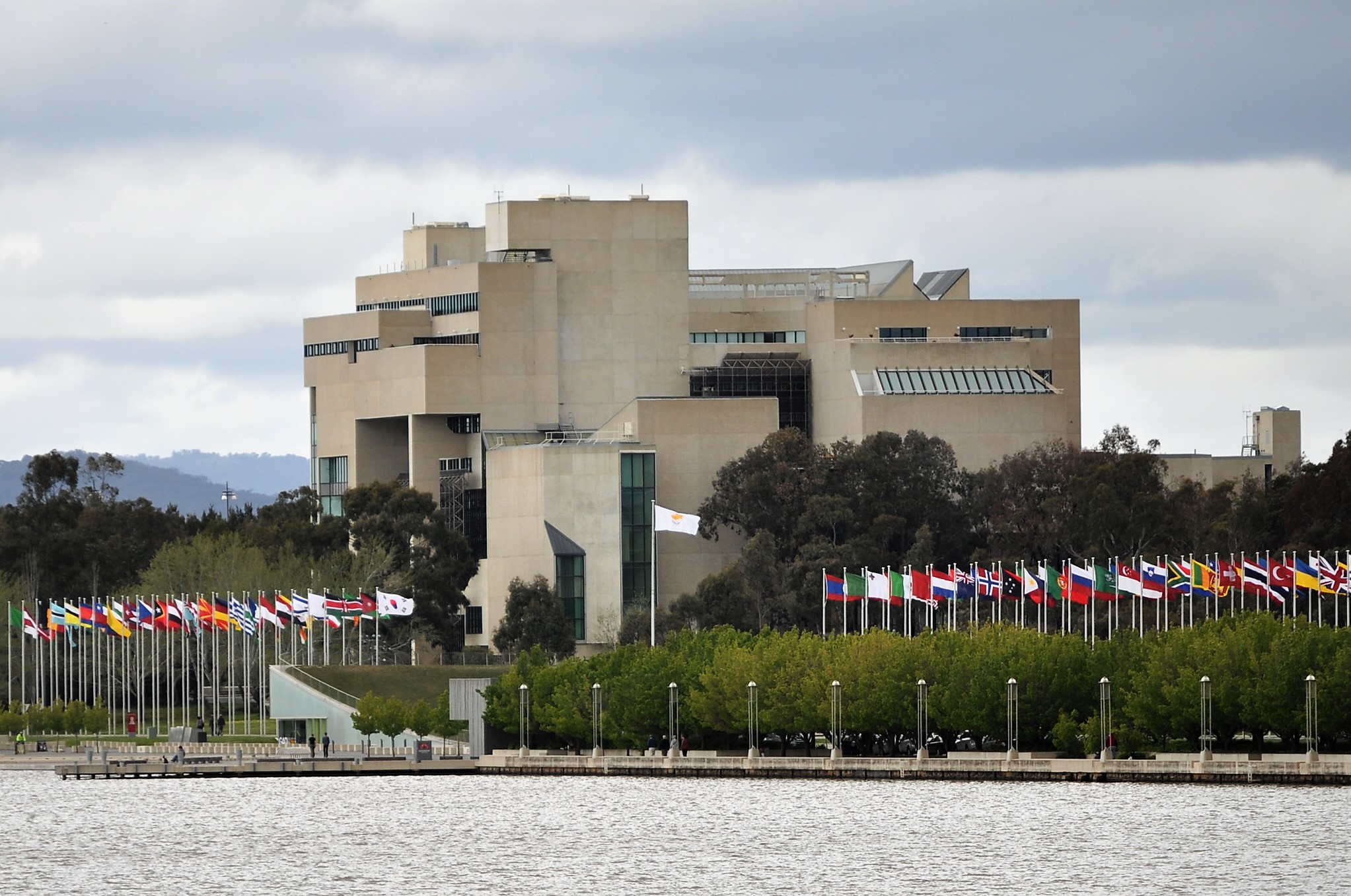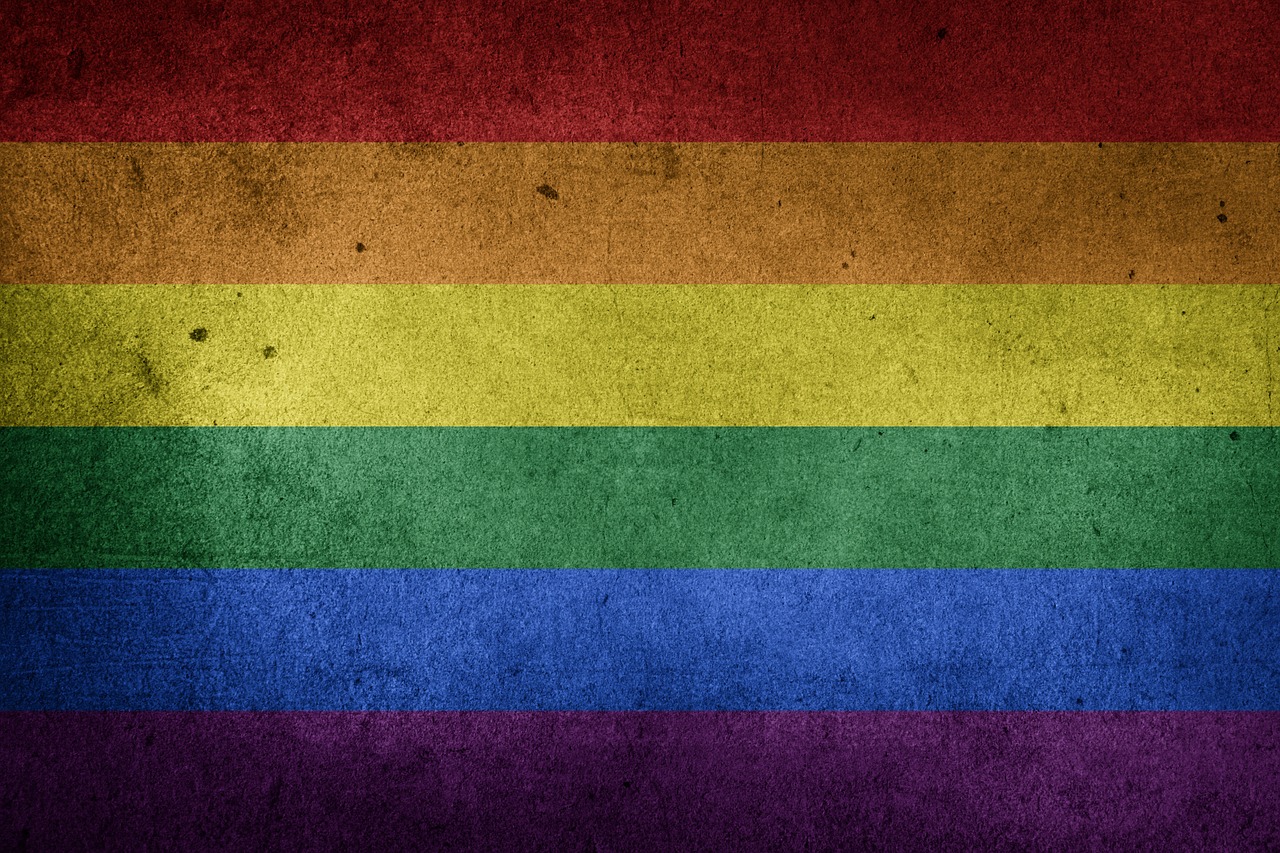Australia is campaigning for a three-year term on the United Nations Human Rights Council (HRC), commencing in 2018. While Australia’s candidacy will not be considered until next year, the Government will be looking closely at the outcome of this year’s ballot, in which States were elected for the 2017 – 2019 term. On 28 October 2016, the General Assembly nominated 15 States to the HRC by secret ballot. In a first for a permanent member of the Security Council, Russia’s bid for re-election was unsuccessful. Russia’s failure has been attributed to its conduct in Syria, with one diplomat commenting ‘[t]hey bomb a hospital one day, they run for the Human Rights Council the next. And they wonder why they missed the cut’. The issue for Australia, which is facing ongoing criticism of its treatment of asylum seekers on Manus Island and in Nauru, is the extent to which a State’s human rights record can frustrate its chances of election to the HRC.
This post will first consider the voting procedures of the HRC, followed by commentary on what Russia’s failed bid might mean for Australia’s 2018 campaign.
The Human Rights Council
The HRC is of fairly recent origin. It was brought to life in 2006 by General Assembly Resolution 60/251 and was given responsibility for ‘promoting universal respect for the protection of all human rights and fundamental freedoms for all, without distinction of any kind and in a fair and equal manner’. The HRC is the successor to the United Nations’ Commission on Human Rights and has new functions, including responsibility for a universal periodic review of each State’s compliance with its human rights obligations. There are 47 seats on the HRC, which are divided between the five official UN regions in the following way: Africa (13 seats); Asia (13 seats); Latin America and the Caribbean (8 seats); Western Europe and Other (7 seats); Eastern Europe (6 seats). Australia is part of the Western Europe and Other group, which also inlcudes the US, Canada and Israel. Russia is part of the Eastern Europe group. One third of the HRC is up for election each year and members serve three-year terms.
An outside observer would be forgiven for assuming that only States with unblemished human rights records would be fit to sit on the HRC. Most legal systems abide by the idea that one criminal is not fit to judge another, and so individuals convicted of serious crimes are precluded from appointment to judicial office. However, this logic does not apply to the HRC. States that have failed to meet their own human rights obligations are appointed to judge the compliance of other States with the same obligations. This is ironic, but it is also a realpolitik of the institution. There are no 47 States with perfect human rights records. There are also no absolute rules on membership.
Resolution 60/251 requires members of the General Assembly to ‘take into account the contribution of candidates to the promotion and protection of human rights’ when voting for HRC candidates. Yet it does not preclude members from voting in favour of States that have violated their human rights obligations. The Resolution requires members of the HRC to ‘uphold the highest standards in the promotion and protection of human rights’. But this does not prevent a member from abusing a human right. The words ‘highest standards’ suggest that conduct is to be measured against the practice of other States rather than the rules in human rights treaties. The Resolution empowers the General Assembly by a two-thirds majority to suspend the rights of membership of a member of the HRC if the member ‘commits gross and systematic violations of human rights’. Yet this measure is hard to deploy, because it requires a super majority. It also has a high threshold: the word ‘and’ dictates that it cannot be triggered by a single gross abuse or systemic minor abuses. Finally, it has a suspensive rather than a terminative effect on membership. The gaps in the rules leave room for a General Assembly member to elect a candidate by reference to political as well as legal standards. This means that strategic alliances, political favours and diplomatic clout all play some part in the election of candidates.
Does Russia’s failure in this year’s election suggest there is a limit to this? Does it reveal that there might be a point at which a State’s conduct is so egregious that the idea of nominating it to the HRC becomes untenable, even if there are political circumstances that would otherwise sway the General Assembly to vote for it? Before answering these questions, it is necessary to consider the 2016 vote in more detail.
Russia’s bid
The General Assembly nominated Hungary and Croatia to the HRC as the two representatives of the Eastern European group for the 2017 – 2019 term. They received 144 and 114 votes respectively. Russia narrowly missed out, receiving 112 votes. This may still seem like a lot of votes, but it represents a significant reduction from the previous election in 2013 in which Russia received 176 votes. The previous vote was held on 12 November 2013, which was before Russia invaded parts of Ukraine and annexed Crimea in 2014, and intervened in the Syrian Civil War in 2015. It also follows a significant lobbying effort against Russia’s candidacy by human rights groups. This included a letter to the General Assembly, signed by 87 prominent individuals and NGOs, urging members to ‘carefully consider whether Russia’s Syria abuses are compatible with the principles and aims of the world’s principal inter-governmental human rights body’. It is worth observing that Saudi Arabia, despite drawing wide criticism for its intervention in Yemen, was elected to the HRC. But that is likely due to the fact that it ran uncontested in the Asia-Pacific group; there were four seats available and only four contenders.
Russia is not the first State whose position on a human rights body has been jeopardised by its failure to adhere to international rules. In 2011, the General Assembly suspended Libya’s membership of the HRC over concerns about Muammar Al-Qadhafi’s violent crackdown on anti-Government protestors. And in 2001, the US was voted off the Commission for Human Rights (including by some of its allies) over its failure to support UN institutions and various international rules.
Diplomats have labelled the rejection of Russia’s bid for the HRC ‘historic’, as it suggests that candidates’ human rights records play an important role in General Assembly voting behaviour. Thus, powerful States, routinely elected to international bodies, are not immune from this. Notwithstanding this, the success of Saudi Arabia shows that other factors, like the extent of competition with other candidates for the HRC, will play a role. Moreover, the continued appointment of China and the US, who by no means have unblemished human rights records, suggests that the threshold for preclusion is high.
Australia’s campaign
Australia’s nomination to the HRC is far from assured. It will not be in the same position as Saudi Arabia as there are more contenders than there are places. Spain and France will also be campaigning for a seat for the Western European and Others group, but only two spots are open for the 2018 – 2020 term. Those States are likely to garner strong support from fellow EU members.
Russia’s failure suggests that Australia’s human rights record will be an important factor in the election. Australia’s treatment of asylum seekers has attracted significant global attention, including in Australia’s own universal periodic review in 2015. Australia has also been recently accused of breaching its international obligations with respect to offshore detention centers by the UN Special Rapporteur on Torture and Amnesty International. Australia’s campaign focuses on its human rights successes in other areas – like abolition of the death penalty – but these may not mitigate its high profile failures in other spaces. Moreover, its new plan to prevent boat arrivals from ever obtaining any type of Australian visa is unlikely to improve its image.
As recent history has shown, States with poor human rights records are habitually voted onto the HRC. But Russia’s failure is a heartening reminder that, at least to some extent, a State’s compliance with its human rights obligations is a factor in how General Assembly members will vote. This fact, along with strong competition for seats, should give Australia cause for concern for next year’s election. If Australia is unsuccessful, it would be a set-back in the short term. But it would also create a new pressure point for reform by demonstrating that the way that we treat those at home will affect our influence abroad.
Harry Aitken is the former Editor-in-Chief of the ILA Reporter. The views expressed in this article are solely his own.



 For our fourth profile of Women in International Law Month, Editor-in-Chief Jennifer Tridgell sat down with the President of the Australian Human Rights Commission (AHRC), Professor Gillian Triggs. She is a highly accomplished international lawyer and academic, with experience on matters from commercial law to Indigenous rights.
For our fourth profile of Women in International Law Month, Editor-in-Chief Jennifer Tridgell sat down with the President of the Australian Human Rights Commission (AHRC), Professor Gillian Triggs. She is a highly accomplished international lawyer and academic, with experience on matters from commercial law to Indigenous rights.